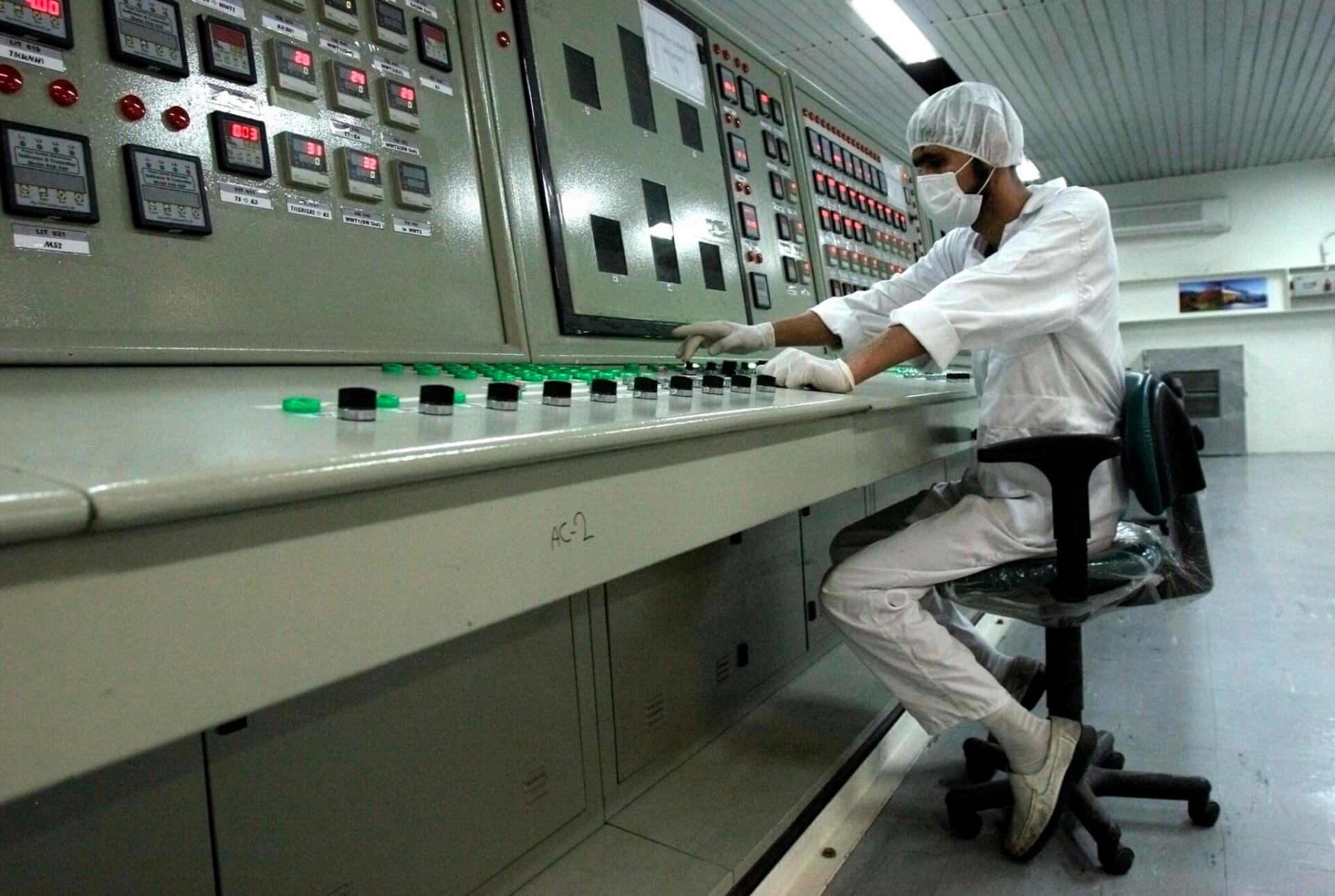The United Nations (UN)’s nuclear watchdog, the International Atomic Energy Agency (IAEA), released a statement on Thursday saying that Iran had informed the agency that it has begun working on its uranium metal-based fuel for a research reactor. This development is the latest breach of the Joint Comprehensive Plan of Action (JCPOA) signed in 2015 between Iran, and the United States (US), United Kingdom (UK), France, China, Russia, and Germany.
The statement follows the IAEA’s inspection of the Isfahan plant on Sunday. After the visit, agency officials confirmed that “modification and installation of the relevant equipment for the mentioned R&D activities have been already started.” Later, on Wednesday, Iran’s ambassador to the IAEA, Kazem Gharib Abadi, tweeted, “Agency inspectors visited the factory where the fuel will be produced three days ago.” Further, he told Iran’s official news agency IRNA that “the move will elevate Iran to the level of progressive nations in production of new fuels.”
This process represents a crucial step forward in Iran’s ability to manufacture nuclear weapons. The Executive Director of the Arms Control Association, Daryl Kimball expressed his concerns and said, “Iran had not previously experimented with this step in the process, but in order to make a bomb, you would have to.”
Earlier this month, Iranian authorities announced the country’s decision to increase its uranium enrichment to 20% purity at its underground Fordow site. Until then, Tehran had only reached its uranium stockpile up to around 4.5%, which is above the 3.67% cap imposed by the 2015 pact, but far short of the 90% that is considered weapons-grade.
According to Reuters, IAEA and US intelligence suspect that Iran had a “secret coordinated nuclear weapons programme that it halted in 2003.” However, Iran has denied such speculation and stated that “its aims with nuclear energy are entirely peaceful.”
The recent developments in Iran’s nuclear programme will complicate President-elect Joe Biden’s strategy to return to the 2015 deal. “They [Iran] know there’s someone named Biden who’s going to be in the White House next week and they want him to act as soon as possible to waive nuclear-related sanctions,” Kimball added. “They are looking for ways to underscore that their patience has run out,” he said.
Iran Begins Developing Uranium Metal for Reactor Fuel
The IAEA confirmed that in a fresh breach of the 2015 nuclear deal, Iran has started developing uranium metal-based fuel to fulfil its nuclear ambitions.
January 16, 2021

SOURCE: THE TIMES OF ISRAEL
